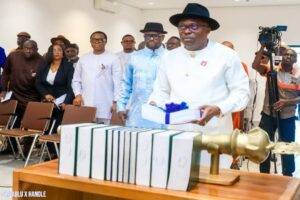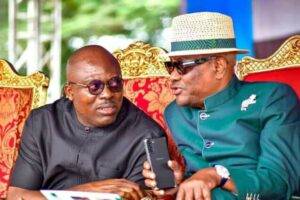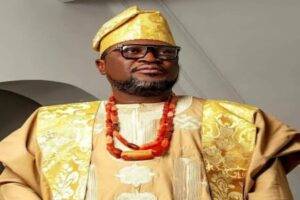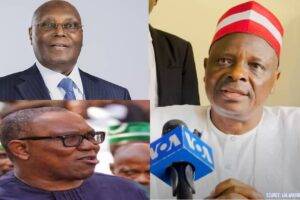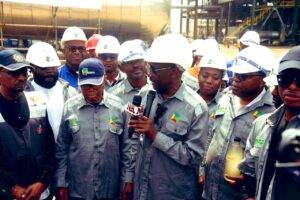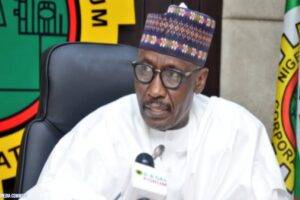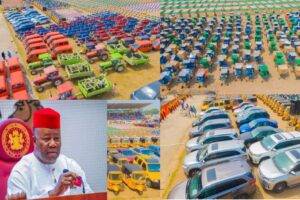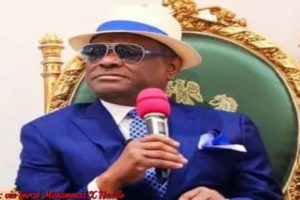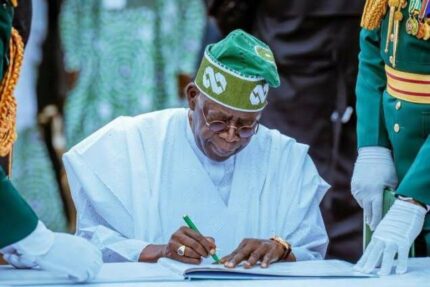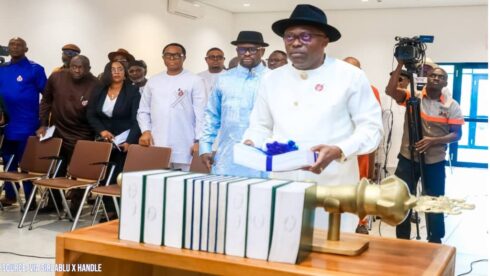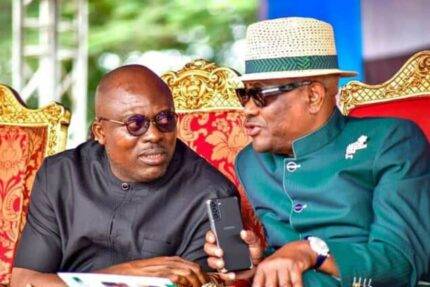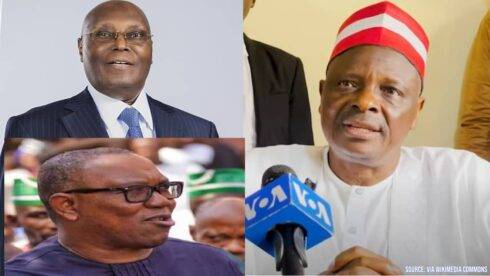The Nigerian political landscape is witnessing a flurry of activity as major opposition figures intensify efforts to challenge APC Administration led by President Bola Ahmed Tinubu’s in re-election bid in 2027. Reports emerged on November 26 that Atiku Abubakar, the 2023 presidential candidate of the Peoples Democratic Party (PDP), and Peter Obi, his Labour Party counterpart, were in talks to form a coalition. Former Kaduna State Governor Nasir El-Rufai was also rumored to be involved in these plans.
Subsequent meetings between Atiku and Obi in Yola and other locations have fueled speculation of a grand opposition alliance. While both camps initially denied any discussions about a joint ticket, Atiku’s spokesperson, Paul Ibe, later confirmed that conversations had begun to unite opposition forces. “The only way to remove this incompetent and clueless government is through collaboration,” Ibe stated during a televised interview on December 10. Smaller parties such as the Peoples Redemption Party (PRP) and the African Democratic Congress (ADC) have also expressed interest in mergers, signaling a broader movement for change.
Calls for Unity Among Opposition Parties
Prominent figures have called for unity among opposition leaders to mount a credible challenge against the ruling All Progressives Congress (APC). Former President Olusegun Obasanjo recently hosted meetings with influential politicians, including Rabiu Kwankwaso and Donald Duke, to discuss the future of Nigerian governance. Additionally, Salihu Lukman, former Director-General of the Progressives Governors Forum, has urged statesmen like Generals Yakubu Gowon and Ibrahim Babangida to lead efforts to unify opposition parties.
The lessons of 2015, when a coalition of parties merged to form the APC and successfully ousted the PDP, loom large. Lukman warned that without similar unity, dislodging Tinubu’s government would remain an uphill battle. Analysts agree that the opposition’s ability to coalesce around shared goals will be crucial, especially given Tinubu’s narrow victory margin in the 2023 presidential election.
Economic Hardship: A Double-Edged Sword
Nigeria’s worsening economic crisis has become a focal point for opposition parties aiming to unseat the APC. Inflation has surged to 34.6%, and national debt has skyrocketed to ₦134.3 trillion. Food prices have placed immense strain on households, with many Nigerians struggling to make ends meet. Opposition leaders, including PDP spokesperson Debo Ologunagba, have drawn parallels to Ghana’s 2024 elections, where economic mismanagement led to the ruling party’s defeat.
“The twin policies of naira devaluation and fuel subsidy removal without adequate cushioning have exacerbated economic hardship,” Ologunagba said, predicting that voters would express their dissatisfaction at the ballot box. However, he emphasized that free and fair elections were imperative for any opposition victory, warning of grave consequences if the people’s will is subverted.
APC Remains Confident Despite Opposition Realignments
The ruling APC has dismissed the opposition’s movements as inconsequential. Party spokespersons in Oyo and Lagos states have described the coalition talks as wishful thinking. Oyo APC’s Publicity Secretary, Olawale Sadare, called the opposition leaders “enemies of the country,” asserting that Tinubu’s track record and reforms would ensure his re-election.
Similarly, Lagos APC spokesperson Seye Oladejo argued that the economic challenges currently facing Nigeria would be resolved by 2027, making comparisons to Ghana and the United States irrelevant. “The opposition is daydreaming. Nigerians will vote for the APC’s good governance, which is already taking shape across the country,” Oladejo declared confidently.
Path Forward: Coalition or Bust?
As the 2027 elections draw closer, opposition leaders must navigate numerous challenges to achieve their goal of unseating Tinubu. Lessons from the APC’s historic 2015 merger demonstrate the potential power of a united front. However, achieving cohesion among parties with differing ideologies and priorities will be no small feat.
Meanwhile, the APC’s confidence in its governance reforms underscores the high stakes of the upcoming elections. For Nigerian voters, the 2027 contest promises to be a pivotal moment, one that could redefine the country’s political and economic trajectory. Whether the opposition can overcome its internal divisions and capitalize on public discontent remains the central question.
Table of Contents
Discover more from OGM News NG
Subscribe to get the latest posts sent to your email.

